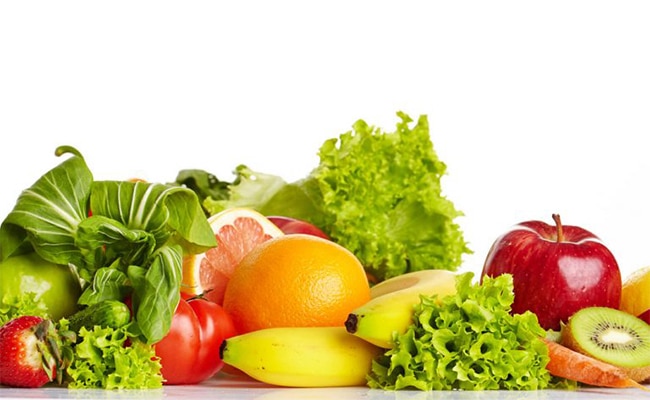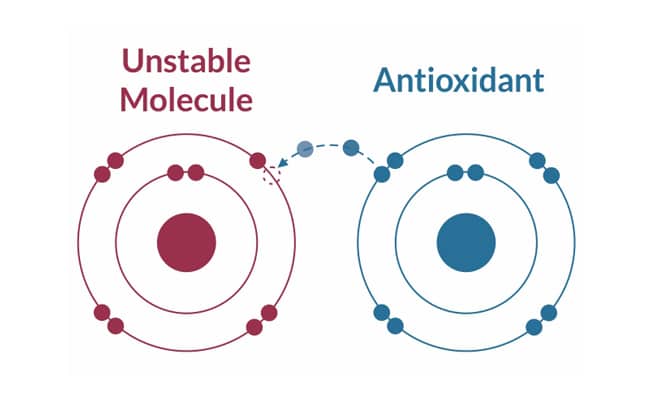Alkaline ionized water is a plentiful source of antioxidants which help to neutralize free radicals. But what exactly are free radicals and antioxidants? In short, free radicals cause oxidation in our body and antioxidants prevent oxidation.
Free radicals are unstable molecules desperately seeking electrons for stability. They are known to cause cellular and DNA damage in our body, which in turn contribute to aging and the onset of various diseases.
Antioxidants help to slow down this process by donating an electron to an oxygen free radical (the most common type of free radical in our body) so it becomes a stable oxygen molecule.





